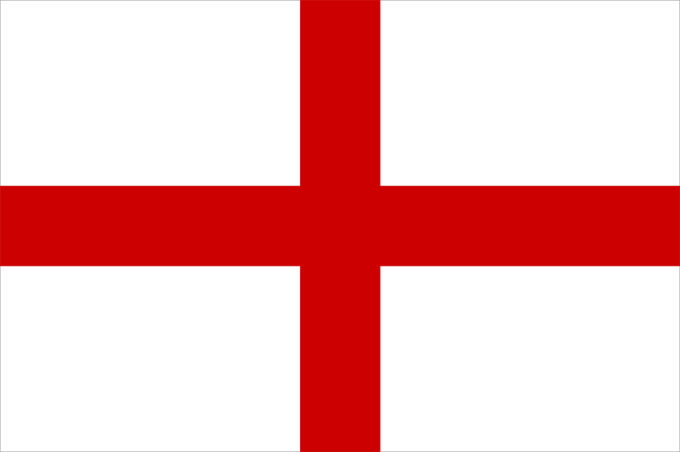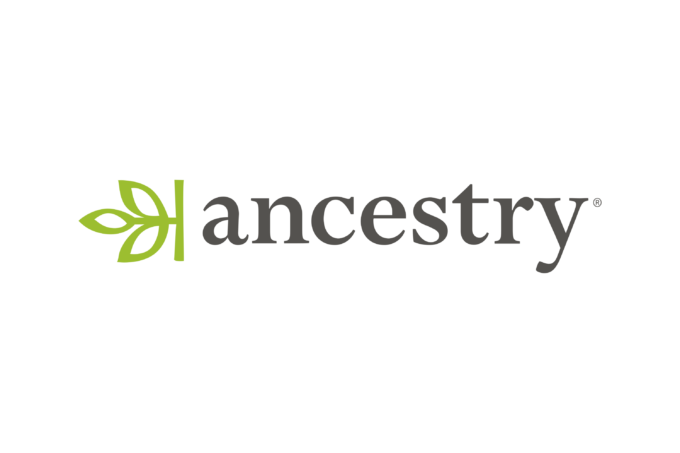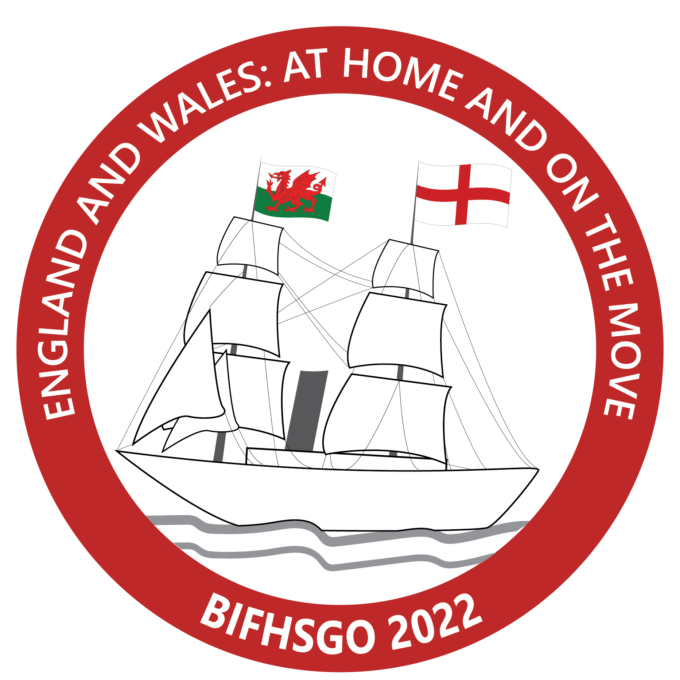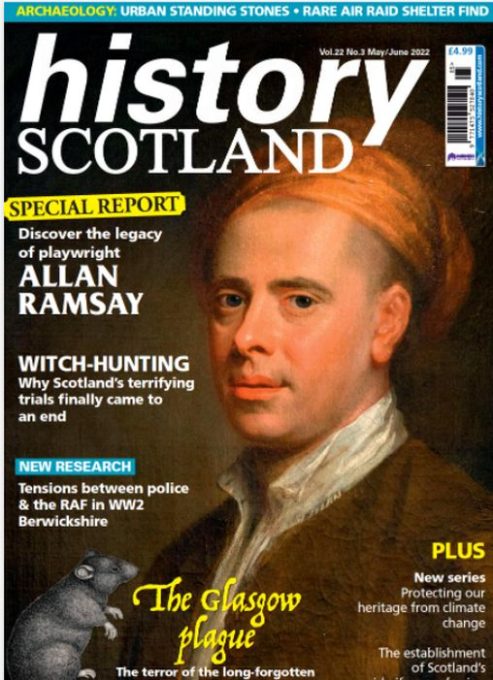 Is there someone in your family tree associated with the military who crossed the Atlantic during the Second World War? Maybe they were Canadian military going to serve in the war and returning, R.A.F. coming to Canada to train and return, or war brides and their children coming to Canada. If so there may be information available on little-known microfilms about his or her passage. That’s especially useful as most of the government information for the period is still embargoed.
Is there someone in your family tree associated with the military who crossed the Atlantic during the Second World War? Maybe they were Canadian military going to serve in the war and returning, R.A.F. coming to Canada to train and return, or war brides and their children coming to Canada. If so there may be information available on little-known microfilms about his or her passage. That’s especially useful as most of the government information for the period is still embargoed.
Originating from records of Canada’s Department of National Defence, Directorate of Movements, files for individual voyages, including passenger manifests and miscellaneous documents, may be identified through Library and Archives Canada’s Collection Search.
Canadiana Héritage has digital copies of some of those microfilms online. Currently available are 189 reels from C-5547 to C-5769. No math prize for recognizing there are 33 missing reels between them. They’re free to view and, it must be said, it’s a bugger to locate information for an individual.
To make a search practicable you need more information than the person’s name. Were they coming or going, eastbound or westbound? Do you know the name of the ship? People often remember that even if they’re vague about the date. You may find that, or other information, to help pin down a date range in a military service file, that’s if they were military. Sometimes newspaper reports on events, like the arrival of a group of war brides, will name the ship.
You can find out about those voyages starting at LAC’s Collection Search by entering “Directorate of Movements”,”Personnel” and Eastbound or Westbound. Add other information like the port (often Halifax), the name of the ship if you have it and the year, even better, the year and month of departure in format (yyyy/mm). Best not to add too much initially so you can filter down.
If you find something promising note the information. The next step is to find out if there’s a digitized microfilm for that voyage at Canadiana Héritage. Search the microfilm number, for microfilm C-5547 the first hit is Directorate of Movements: C-5547, 5488 images. So all you have to do is read through 5488 images, clicking through one at a time! The voyages are not always in date order on the microfilm. Every so often you come across a file cover including the name of the ship followed by 100 or more images of documents in the file. It would be helpful if Canadiana would show an array of thumbnails of the images on the microfilm so you can pick out the distinctive cover image. I suggested it but Canadiana’s reply wasn’t encouraging.
If the microfilm hasn’t been digitized it means a trip to Library and Archives Canada to view it.
You can save a bit of time by determining the total number, the number of the voyage of interest and the order of voyages on the microfilm. A simple way of finding what files are on a particular microfilm eludes me at present. My workaround is to go back to LAC’s Collection Search and repeat the search for “Directorate of Movements” “Personnel” and Eastbound or Westbound and the port. Download all the hits to a spreadsheet and sort the sheet by Item Number. All the voyages on a film will be together. Note how far into the film you might expect to find your voyage of interest. Then start viewing the individual pages as far into the film as you estimate that voyage’s information might begin.
You’ll likely eventually find a passenger manifest. There’s a good chance, no guarantee, it will be legible! Don’t overlook those other documents that may help build a more complete picture of the experience.
 Is it in celebration of St. George’s Day, 23 April?
Is it in celebration of St. George’s Day, 23 April?

 Just posted on Ancestry, 40,730 records in Edinburgh, Scotland, Army Attestation Registers, 1796-1857.
Just posted on Ancestry, 40,730 records in Edinburgh, Scotland, Army Attestation Registers, 1796-1857. Dave Annal / Mia Bennett / Gill Blanchard / Derek Blount / Beryl Evans / Dr. Janet Few / Caroline Gurney / Andrea Hetherington / Paul Milner / Alan Ruston / Gill Thomas / Ian Waller.
Dave Annal / Mia Bennett / Gill Blanchard / Derek Blount / Beryl Evans / Dr. Janet Few / Caroline Gurney / Andrea Hetherington / Paul Milner / Alan Ruston / Gill Thomas / Ian Waller. This is one of the hundreds, probably thousands if you count old issues, of magazines available free online through the Ottawa Public Library, and likely many other libraries’, subscriptions to PressReader.
This is one of the hundreds, probably thousands if you count old issues, of magazines available free online through the Ottawa Public Library, and likely many other libraries’, subscriptions to PressReader. He asks you, if that’s your sentiment, to write your MP, the PM and the French President to try to get this decision reversed so that Juno Beach remains a fitting memorial to Canada’s role in the D Day invasion which ultimately led to France becoming a free nation again.
He asks you, if that’s your sentiment, to write your MP, the PM and the French President to try to get this decision reversed so that Juno Beach remains a fitting memorial to Canada’s role in the D Day invasion which ultimately led to France becoming a free nation again. Have you been known to tear up, perhaps with joy, perhaps with sadness, at something you’ve experienced while exploring your family history? Have you run into the bizarre, baffling or hilarious? If so Toronto genealogist Paul Jones, “Roots” columnist for
Have you been known to tear up, perhaps with joy, perhaps with sadness, at something you’ve experienced while exploring your family history? Have you run into the bizarre, baffling or hilarious? If so Toronto genealogist Paul Jones, “Roots” columnist for 
 Is there someone in your family tree associated with the military who crossed the Atlantic during the Second World War? Maybe they were Canadian military going to serve in the war and returning, R.A.F. coming to Canada to train and return, or war brides and their children coming to Canada. If so there may be information
Is there someone in your family tree associated with the military who crossed the Atlantic during the Second World War? Maybe they were Canadian military going to serve in the war and returning, R.A.F. coming to Canada to train and return, or war brides and their children coming to Canada. If so there may be information 